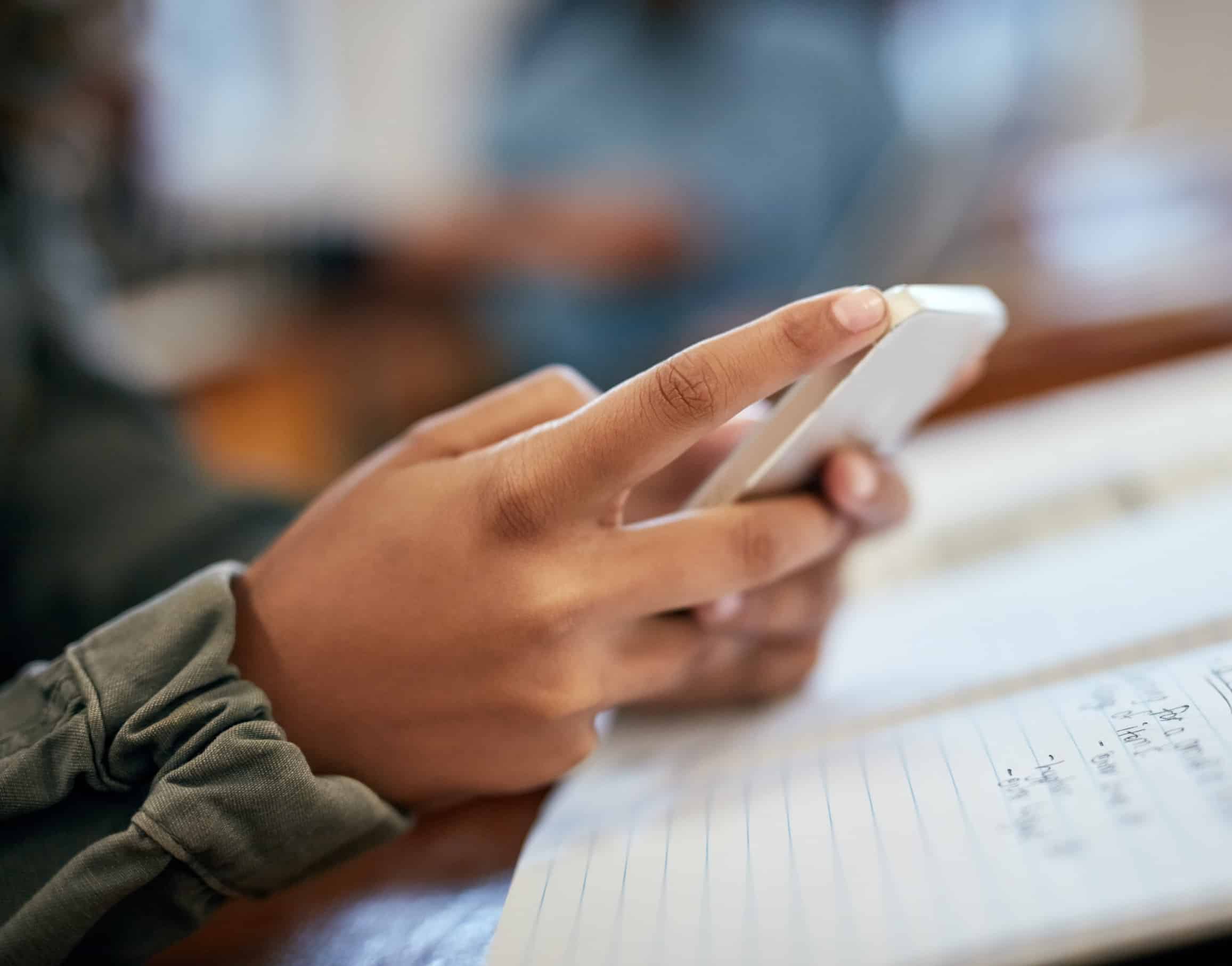Image Credit: peopleimages12123rf.com
Brazil has initiated a significant change in its educational landscape by implementing a nationwide law that limits smartphone use in both public and private schools. Signed by President Luiz Inácio Lula da Silva in January, this legislation aims to reduce distractions, enhance learning outcomes, and promote real-life social interactions among students.
While smartphones are still allowed for educational purposes, accessibility needs, or medical reasons, schools have the discretion to determine how students should store their devices during school hours. This could include keeping phones in backpacks, lockers, or designated collection areas. The overarching goal of the initiative is to foster a more engaging and interactive classroom environment.
This move aligns with a growing global trend where countries like France, China, and the United States have also introduced restrictions on smartphone use in schools. A recent UNESCO report indicated that 25% of countries worldwide have imposed limits on phones within educational settings, driven by concerns over digital addiction, cyberbullying, and declining attention spans. In Brazil, the smartphone penetration is notably high, with 258 million devices for a population of 203 million, leading to an average daily screen time of over nine hours for many Brazilians.
Support for the restrictions is widespread across Brazil, with nearly two-thirds of the population favoring a ban on smartphone use in schools for children and teenagers. A survey by the Brazilian Internet Steering Committee revealed that 63% of schools had already enacted some form of smartphone restrictions, with 28% completely banning devices. The implementation of a federal law seeks to provide a more unified approach to this issue, addressing inconsistencies in enforcement among states.
Prominent institutions, such as the Porto Seguro school in São Paulo, have already taken steps to limit smartphone use, banning devices from classrooms and hallways. This has reportedly led to improved concentration among students and enhanced social interactions, as individuals are encouraged to engage in face-to-face communication rather than relying on technology.
Despite ongoing debates regarding the effectiveness of such bans, many educators and parents believe the advantages of reduced screen time outweigh the potential drawbacks. Concerns about excessive smartphone use are further underscored by studies linking it to anxiety, depression, and attention disorders, all of which can hinder academic success and overall well-being.
As Brazil’s smartphone ban begins to take shape, its effects on student focus and social behavior will be closely monitored. The outcome of this initiative could serve as a valuable reference for other countries considering similar policies aimed at reshaping digital habits in educational settings.
Check out the original article here: Source link



